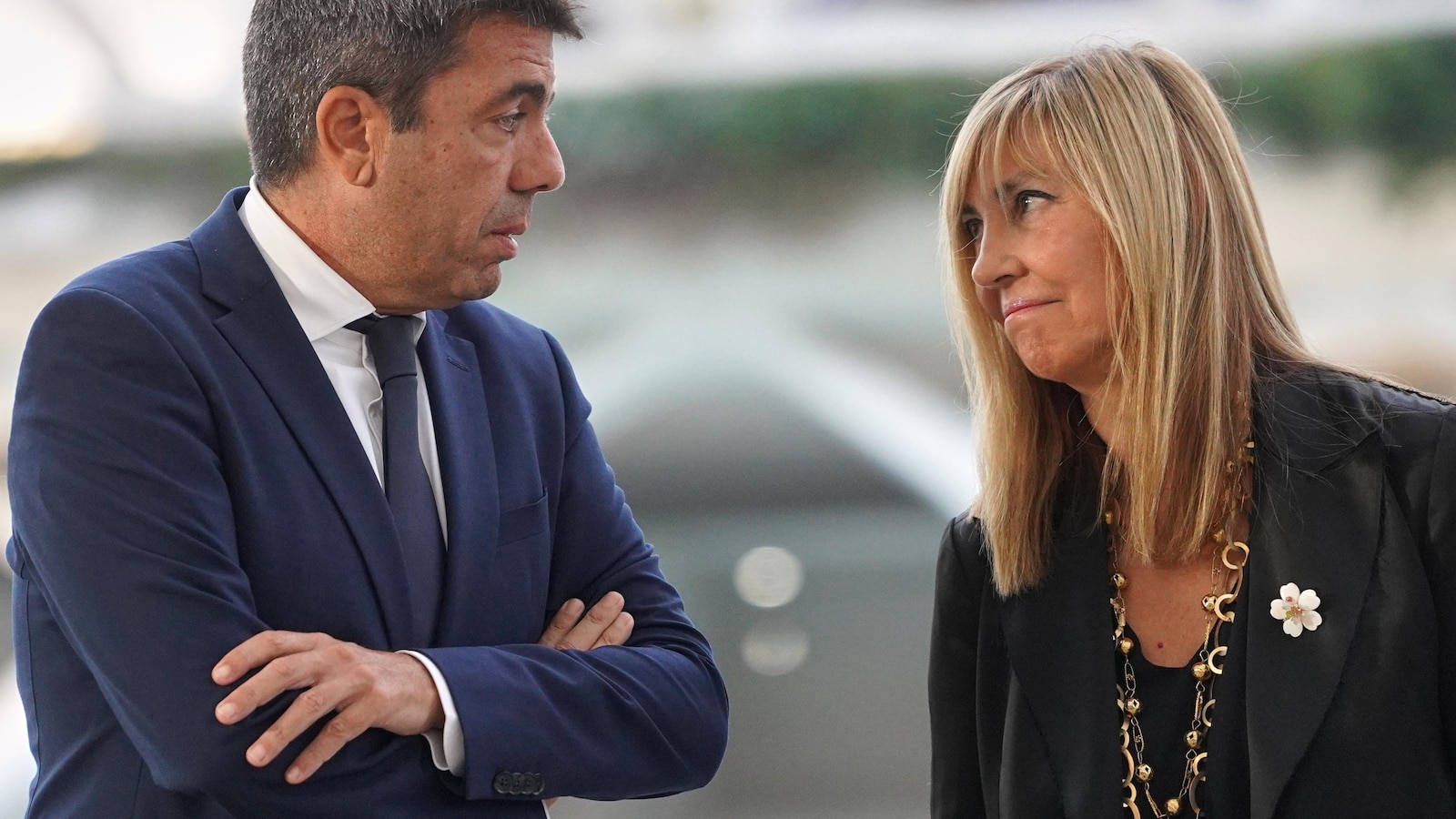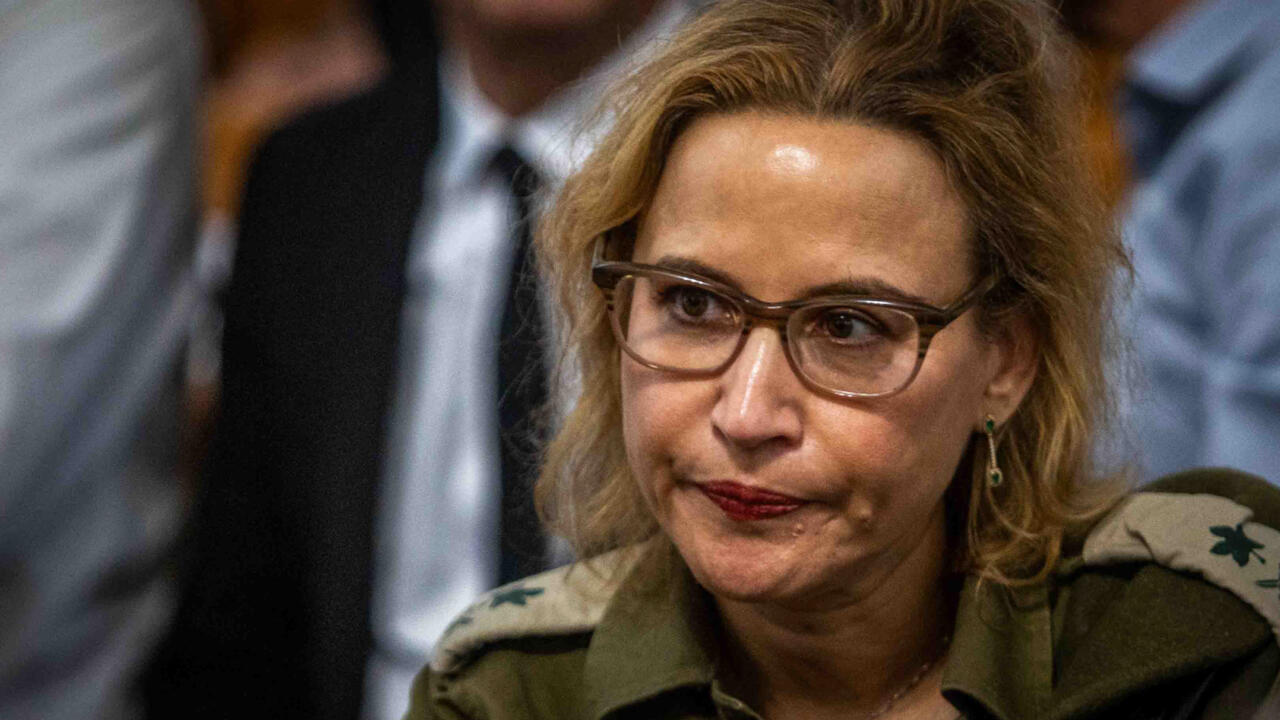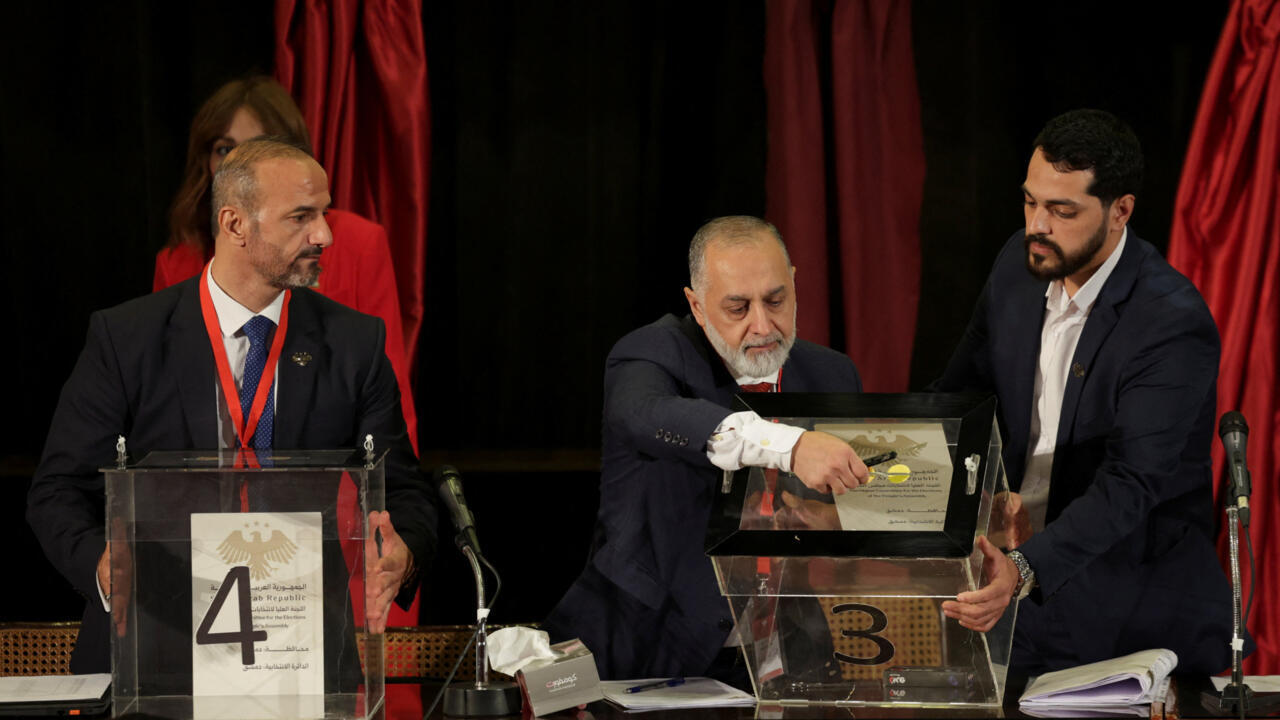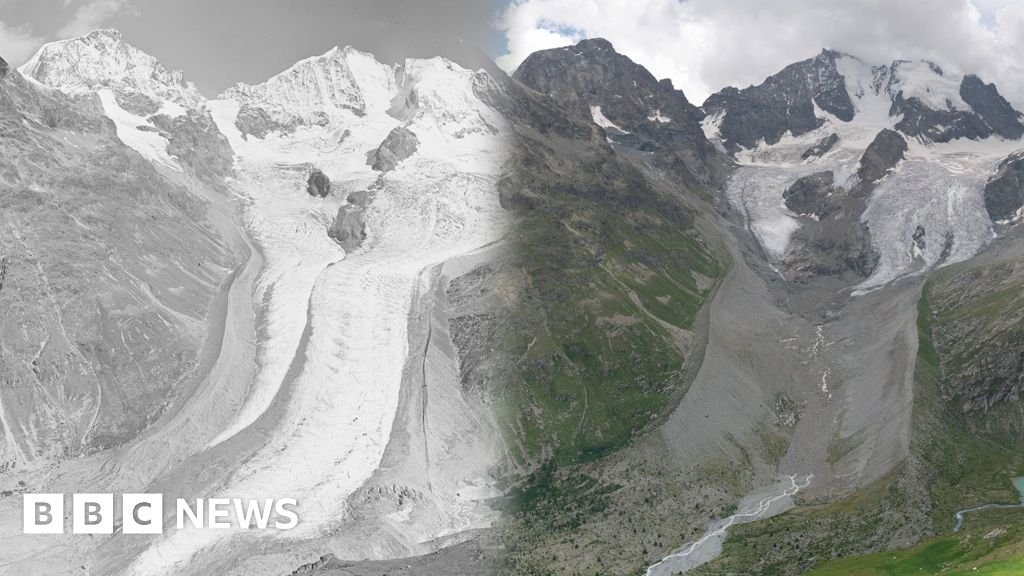NATO warned Russia on Tuesday that it would use "all necessary military and non-military tools" to defend itself, condemning Moscow for violating Estonian airspace in a "pattern of increasingly irresponsible behaviour."
The warning came after Estonia said on Friday that three Russian MiG-31 fighter jets violated its airspace for 12 minutes before NATO Italian fighter jets escorted them out.
The week before, some 20 Russian drones entered Polish airspace, prompting NATO jets to shoot some of them down and the alliance to reinforce the defence of Europe’s eastern flank.
US President Donald Trump appeared to back a robust NATO response to any future incursions as he spoke to reporters at the United Nations General Assembly.
Asked whether NATO countries should shoot down Russian aircraft that enter their airspace, he replied: "Yes, I do."
The NATO statement followed a meeting of the North Atlantic Council, made up of ambassadors from the alliance’s 32 member countries, which was convened after Estonia invoked Article 4 of NATO’s founding treaty.
Read moreNATO summit opens amid discord over defence spending and Ukraine
Pentagon chief Pete Hegseth held a call with Estonian Defence Minister Hanno Pevkur on Tuesday and told him that Washington "stands with all NATO allies and that any incursion into NATO airspace is unacceptable," the Pentagon said in a statement.
Hegseth "commended the quick response by European allies' air defences," it added, noting that Washington was closely tracking the situation.
NATO Commanders Can Take "Ultimate" Decision
"Russia bears full responsibility for these actions, which are escalatory, risk miscalculation and endanger lives. They must stop," the council said in a statement.
"Russia should be in no doubt: NATO and Allies will employ, in accordance with international law, all necessary military and non-military tools to defend ourselves and deter all threats from all directions. We will continue to respond in the manner, timing, and domain of our choosing."
The recent incidents have prompted calls from some European politicians and analysts for NATO to shoot down manned Russian fighters that intrude on alliance airspace.
But German Defence Minister Boris Pistorius warned against such talk: "Reckless demands to shoot something out of the sky or to send a specific message of strength do not help in this situation. We need to be calm, clear and prudent — and act appropriately," he told reporters in Berlin after a meeting with his Swedish counterpart.
At alliance headquarters in Brussels, NATO Secretary General Mark Rutte said the Russian jets over Estonia had not been shot down because they were not assessed to pose an immediate threat.
However, he added that NATO commanders have the authority to "take the ultimate decision" if intruding aircraft are judged to pose such a threat.
Defensive Alliance but "Not Naive"
NATO’s Article 4 states that allies will "consult together whenever, in the opinion of any of them, the territorial integrity, political independence or security" of a member is threatened.
This marks only the ninth time in NATO’s 76-year history that the article has been invoked — and two of those occasions have come this month, in response to the incidents over Poland and Estonia.
Read moreNATO bulks up defence on eastern flank after Russian drone incursion in Poland
"We are a defensive alliance, yes, but we are not naive. So we see what is happening," Rutte said.
"If it is not intentional, then it is blatantly incompetent. And of course, even if it is incompetence, we still have to defend ourselves."
Russia, for its part, said on Monday that Estonia’s assertion of airspace violations was unfounded and accused Tallinn of seeking to ratchet up East-West tensions.
On the Polish incident, Russia claimed its drones had carried out a major attack on military facilities in western Ukraine that night, but had not planned to hit targets in Poland.
In its statement, NATO stressed that its members would not be deterred from continuing to support Ukraine "in the exercise of its inherent right to self-defence against Russia’s brutal and unprovoked war of aggression."
(FRANCE 24 with Reuters)











 English (US) ·
English (US) ·